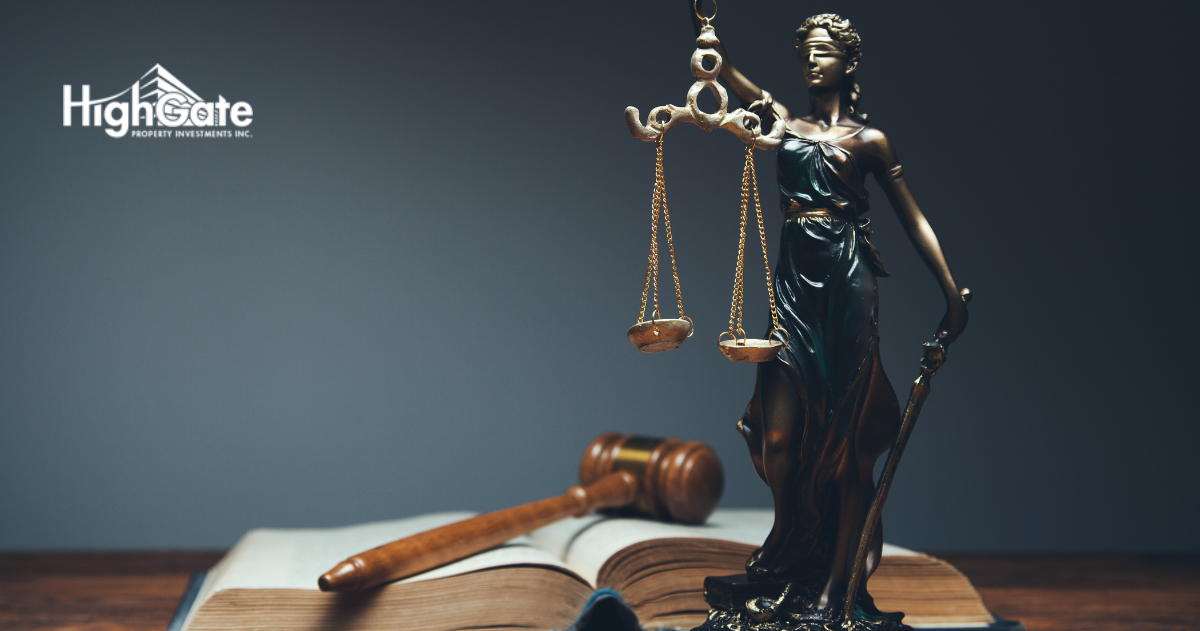New Law Holding Landlords Responsible for Criminal Activity Not Cause for Concern
New legislation in Ontario, Bill 10, makes landlords financially liable for criminal activity taking place on their property. This breakdown from a law firm calls out most of the issues with the legislation, including fuzziness around what measures landlords are expected to take, and the fact that landlords would have to get overly involved in their tenant’s affairs.
The bill itself, the Protect Ontario Through Safer Streets and Stronger Communities Act, offers broader powers to law enforcement and offers further protections to victims of crime. Schedule 8 is the part of concern to landlords, and the full text of the Act can be viewed here.
Liability of Landlords Under the Bill
Section 2 of schedule 8 reads:
“2 (1) No person shall knowingly permit a premises of which the person is a landlord to be used in relation to a prescribed offence.”
The liabilities are laid out in Section 12:
“ (a) on a first conviction in respect of that subsection, to a fine of at least $10,000 and not more than $250,000 or to imprisonment for a term of not more than two years less a day, or both; and
(b) on a subsequent conviction in respect of that subsection, to a fine of at least $5,000 and not more than $100,000 for each day or part of a day on which the offence occurs or continues or to imprisonment for a term of not more than two years less a day, or both.”
The same liabilities extend to directors and officers of a corporation.
The key word in the legislation is “knowingly” – nowhere in the legislation does it say that the landlord has to play detective in order to find out if criminal activity is taking place on the premises. Obviously, it is dangerous to do so, and should be left up to law enforcement if you have suspicions.
Protection of Landlords Under the Bill
The news is not all bad. The legislation gives police the power to remove people from the unit if they are found to be committing illegal activity in the unit, which saves the landlord from having to wait for them to be put out of the unit. In fact, this may be part of the purpose of the legislation – delays with the LTB process can mean prolonged periods of illegal activity on the property until the tenant is finally removed.
However, it does not remove the necessity to file an eviction notice. If you find yourself in this situation, you should probably contact a lawyer and file all of the paperwork that you usually would with the LTB to cover yourself legally.
On its face, it looks like residential landlords are largely protected by this legislation rather than targeted by it. Commercial landlords who rent out premises where drug activity is likely to take place, such as bars, should be more concerned and should consult a lawyer. Even in their case, they must know about the activity to be held liable.
The legislation seems to be targeting landlords who are complicit in the activities taking place on their properties rather than regular landlords. For example, if a tenant comes to you asking if they can run a grow-op, and you agree (which obviously you would not), you become complicit in illegal activity at that point.
If you are concerned about what your tenants are getting up to on your property, your best defense is hiring a lawyer and a property management company like ours. A lawyer can advise you on the next steps, and a property management company will be able to easily detect any illegal activity in the normal course of maintaining the unit. Typically, small landlords who do not hire a property management company are not as involved in their properties, and may only visit once a year. We can also refer you to legal professionals in our network who can help.
Contact us today to get started!





